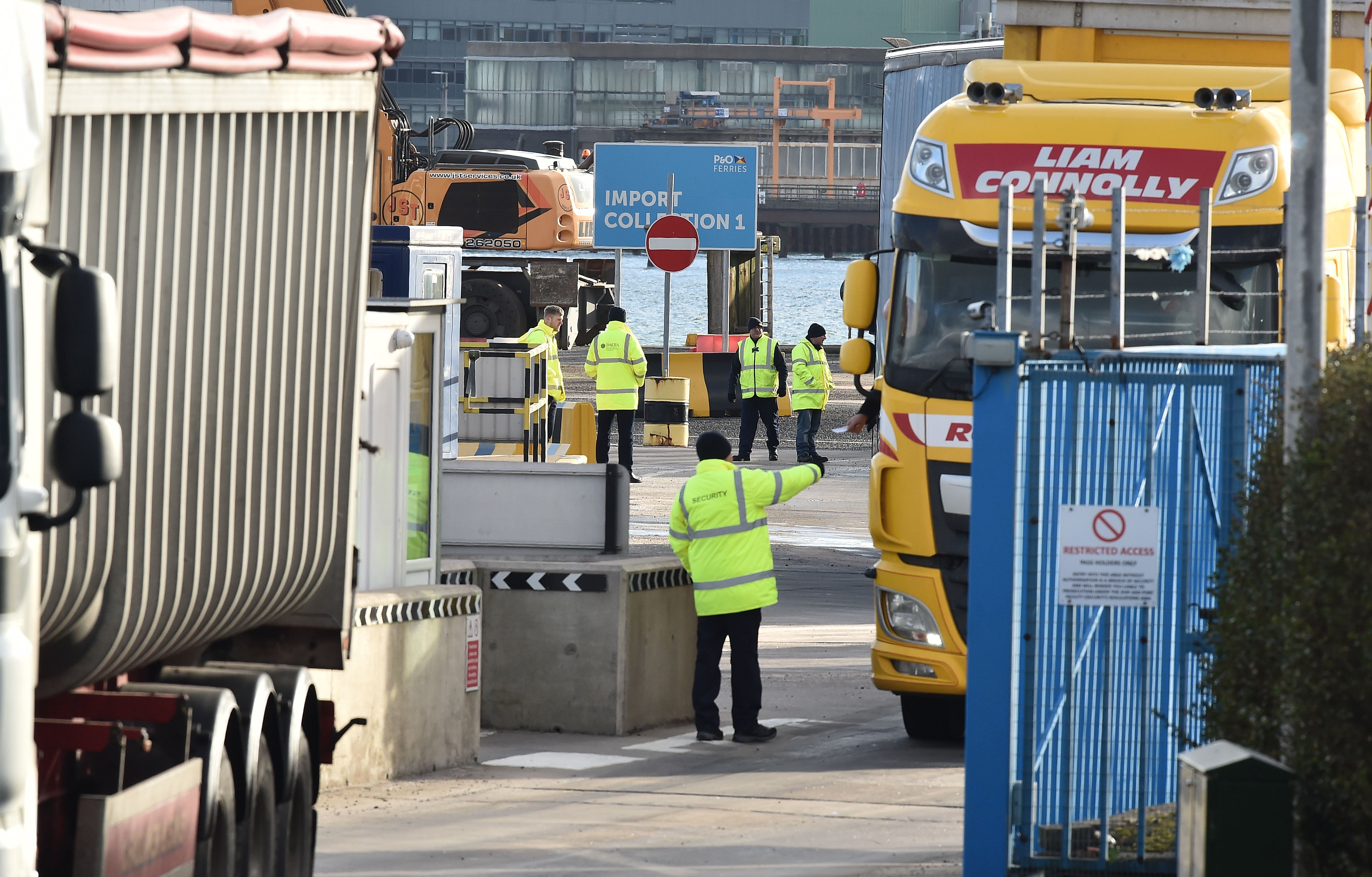‘Ask Me Anything’ on the effects of Brexit hosted live by chief political commentator John Rentoul
As the political row about Britain’s departure from the EU looks set to resume, John Rentoul will be on hand to answer your questions

As the pandemic recedes, the damage wrought by Britain’s departure from the EU is becoming ever clearer – or so many Remainers believe. Shortages of everything from milkshakes to medical equipment are blamed on a lack of lorry drivers, which the Road Haulage Association attributes partly to Brexit.
Some Brexiteers agree with them, arguing that labour shortages will lead to higher wages for British workers, and that this was part of the point of leaving the EU in the first place.
But many economists disagree, saying the disruption to the labour market is almost entirely caused by the coronavirus pandemic, which prompted continental European workers to return home and older British workers to give up jobs such as HGV driving.
Meanwhile, the standoff between the British government and the EU over Northern Ireland is about to resume. In July, Lord Frost, the cabinet minister responsible for EU negotiations, published the government’s plans to rewrite the Northern Ireland protocol – part of the withdrawal agreement he negotiated for Boris Johnson – saying that it was not working in the way he had expected.
He said that the way the EU was interpreting the protocol was “leading to disruption to supply chains, increased costs, and reduced choice for consumers, and unnecessary boundaries that risk causing wholesale diversion of trade or economic damage in Northern Ireland”. He proposed a “freeze”, delaying the imposition of new rules that are due to come into effect on 1 October, while the two sides discuss how to solve the problems. His opposite number, Maros Sefcovic, the European Commission’s vice president, has said, “We will not agree to a renegotiation of the protocol,” but has agreed to further talks.
The politics of Brexit are complicated by the Labour Party’s unwillingness to reopen the question, having voted in parliament against the withdrawal agreement in January 2020, but for the trade deal in December 2020. That hasn’t stopped Rachel Reeves, the shadow chancellor, from criticising the “Tories’ Brexit deal”, but not even the Liberal Democrats are calling for Britain to rejoin the EU.
Do you have questions about Brexit? I will be on hand on Friday lunchtime to answer as many as I can about what will happen next between the UK and the EU.
If you have a question, submit it now, or when I join you live at 1pm on Friday 3 September for an “Ask Me Anything” event.
To get involved all you have to do is register to submit your question in the comments below.
If you’re not already a member, click “sign up” in the comments box to leave your question. Don’t worry if you can’t see your question – they may be hidden until I join the conversation to answer them. Then join us live on this page at 1pm as I tackle as many questions as I can.
Subscribe to Independent Premium to bookmark this article
Want to bookmark your favourite articles and stories to read or reference later? Start your Independent Premium subscription today.

Join our commenting forum
Join thought-provoking conversations, follow other Independent readers and see their replies